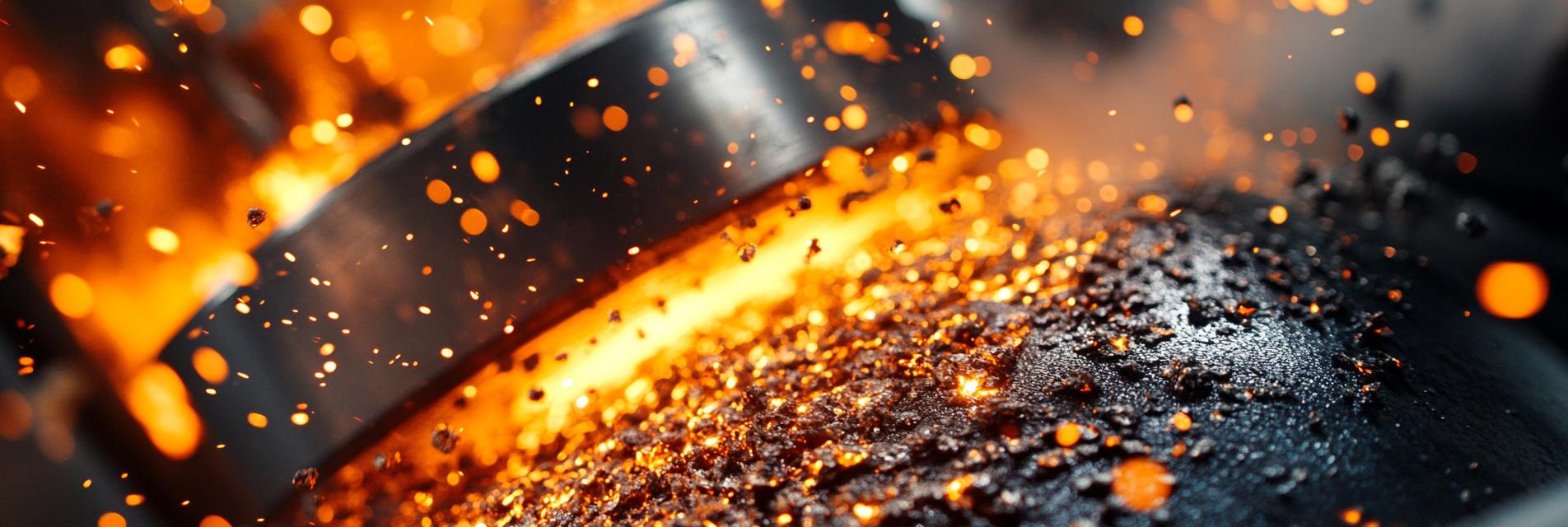The Importance of Refractory Coatings in Industrial Applications
2024/12/12
Special report
Explore the critical role of refractory coatings in safeguarding industrial structures and equipment from high temperatures and corrosive environments, ensuring longevity and efficiency.
Understanding Refractory Coatings
Refractory coatings play a vital role in protecting industrial equipment and structures from extreme temperatures and harsh chemical environments. These specialized coatings are designed to withstand high heat, ensuring the safety and longevity of machinery and installations in sectors such as metallurgy, cement production, and petrochemicals.
Benefits of Refractory Coatings
The application of refractory coatings offers numerous advantages:
- High-Temperature Protection: These coatings can withstand temperatures exceeding 1000°C, providing essential protection for sensitive equipment.
- Corrosion Resistance: Refractory coatings can also resist chemical attacks, which prolongs the life of industrial components.
- Energy Efficiency: By reflecting heat, these coatings help reduce energy consumption in industrial processes.
Applications of Refractory Coatings
Refractory coatings are widely used across various industries:
- Metallurgy: Protecting furnaces and kilns from thermal wear.
- Cement and Concrete Production: Coatings for rotary kilns to enhance performance.
- Petrochemical Facilities: Shielding equipment in high-temperature processing environments.
Conclusion
In conclusion, refractory coatings are essential for industrial applications where high temperatures and corrosive conditions prevail. Investing in high-quality refractory coatings ensures the durability and efficiency of industrial equipment, thereby contributing to overall operational efficiency and safety.

